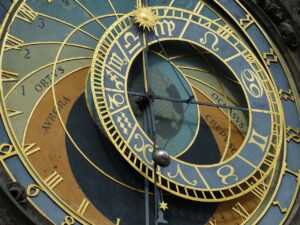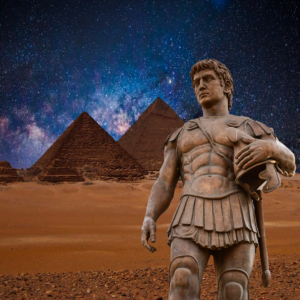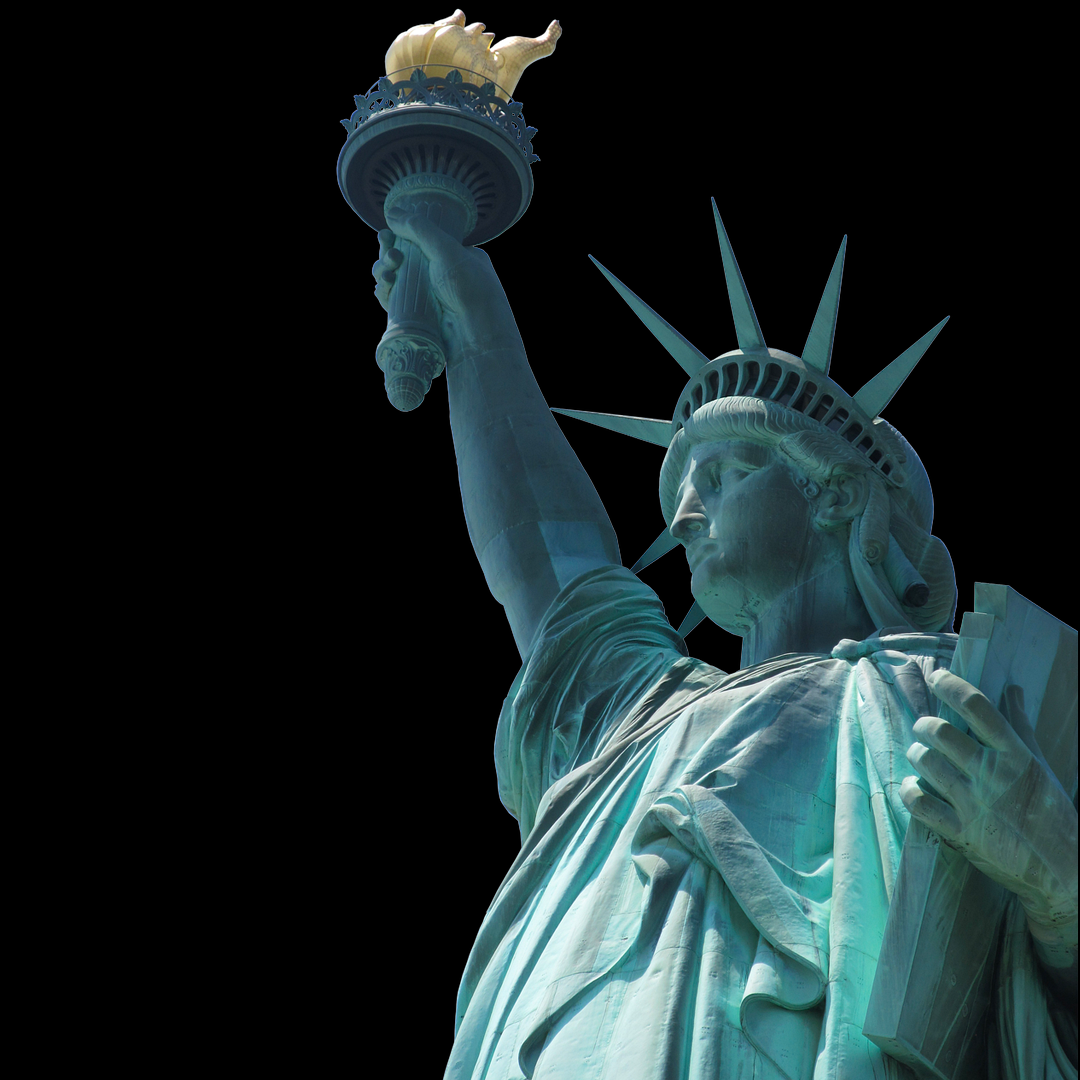LIBRARIES
LIBRA & ARIES
Libra & Aries – Libraries – The place where we humans house the collection of writings and images of the universe as we percieve them.

The astronomical clock that is the Zodiac provided a lot of content for much of our history here on Earth. We put this “his story” in a little ol’ place we call libraries, which is a simple combination of Libra (The Scales) and Aries (The Ram). Further understanding the zodiac signs you’ll discover they are associated with body parts. In this case, the Libra is associated with the Kidneys, butt and skin, and Aries, the head and eyes. In the library, your going to sit your “butt” down and “filter” the knowledge through your head by your eyes.

The Greatest Library ever known, the Library of Alexandria, was originally a Museum founded by Alexander the Great’s successor, Ptolomy I Soter, circa 283 BC. See Preston Chesser The Burning of The Library of Alexandria. However, in order to accomplish this historical task, Ptolomy enlisted the help of a prior Athenian politician, Demetrius of Phaleron who had recently become his advisor while running away from his past in Athens (see Libary of Alexandria – Britannica.com).
The greatest collections of knowledge from all over the world was said to be located in one place. Clearly, it drew the attention of world leaders from around the globe, seeking the acquisition or destruction of this information.
There are many speculations as to what actually transpired that let to the demise of the greatest library ever known, but a lot of it had to do with the religions of the time.
Ahmed Osman describes the destruction that took place in A.D. 391 in his work “Christianity: An Ancient Egyptian Religion. Theophilus, a Roman appointed Bishop enlisted the help of a religious, distructive mob to destroy hundreds of thousands of papyrus scrolls that contained some of the most important knowledge the world had ever known.
Unfortunately, that wasn’t the only tragedy that rocked the library. Hypatia, who succeeded her father as the Professor of Philosphy in Alexandria, was taken out to the street in 415 A.D. by Christian Monks, had pieces of her flesh cut off, and burned alive. Her crime? Teaching the philosophy of Plato
The library existed in one of the most mystical and magical places on Earth, Egypt. Home to the Great Pyramid of Giza, The Sphinx, and to “Gods” like Amun Ra, Isis, Osiris, Horus, and Thoth.
During the time of Alexander’s conquest of Egypt, the Greek philosophers who entered into this new mystical land immersed themselves in the native philosophy and sciences.
Merging their existing comprehension of the four elements of nature: Fire, Earth, Air, and Water, with the newly discovered Egyptian sciences, the ancient Greeks took Khem, the Egyptian word for “Black” and called the land “Khemia” the Greek word for Egypt. The name “Khem” given due to the color of the nutrient rich soil, which contained metals and other materials that were forged together to create new materials. Under siege in the 7th Century AD by the Arabs, Al- (meaning “the”) was added to the word Khemia, to form Alkhemia, meaning “The Black Lands” (see A Brief History of Alchemy).
Although the Chinese are credited with the cration of paper, the Egyptians created papyrus and sharpened the ends of reeds to use them as a form of pen for writing.
This is where we get the word “read” from. From the use of the reed as an instrument to write.
What exactly happened to the the library and all of its contents, we may never know.
LIBERTY & LIBER
Liber in Latin means “book”and it also means liberty, unrestriction, and is similar to the word and concept of freedom.
Liberty is similar to the word book in Spanish as well, which is libro, and libertad, meaning liberty. The world Liberal comes from the idea of freedom in the libertine way.
The “Libertine” in history was someone who did not have many moral principles and were predominately men. They were not too closely aligned with church dogma.
The Legend of Don Juan was portrayed as a ladies man and “libertine” (see Meriam Webster) The Libertine was also someone who was a free thinker and was not confided to the literature of religious doctrine. This is where the faith of Libertarianism was cultivated.

Frédéric Auguste Bartholdi
Freemason Frederic Auguste Bartholdi was commissioned by French political leader and fellow Mason, Edouard de Laboulaye to design a gift for the United.States of America to celebrate its 100 year anniversary.
